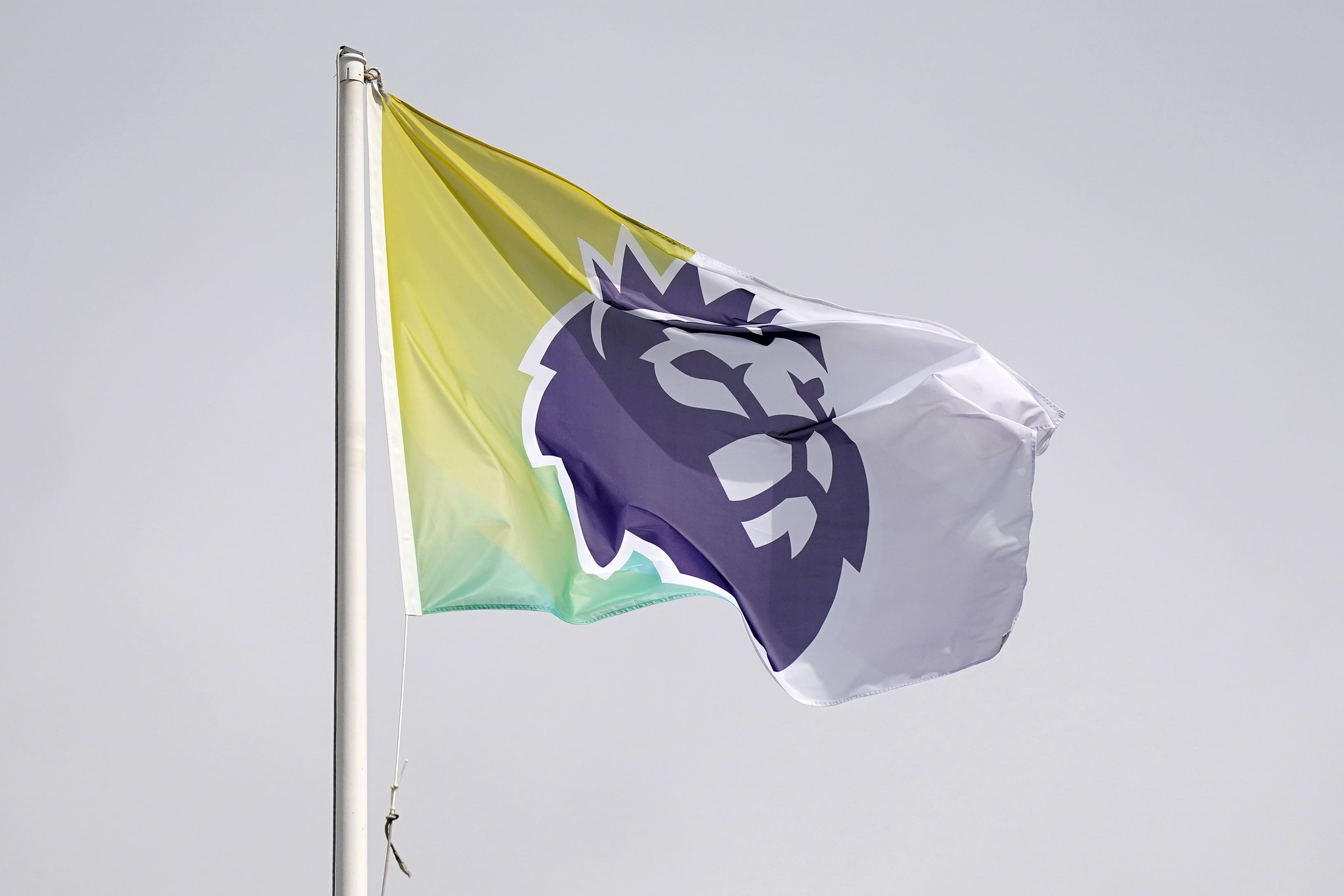Premier League clubs enjoying ‘pause and reset’ after record windows – Deloitte
English top-flight clubs spent just £100million on transfers, down from a staggering £815m last January.

A quiet January transfer window in the Premier League is a short-term blip rather than the start of a new trend, according to leading finance company Deloitte.
English top-flight clubs spent just £100million, down from a staggering £815m last January and an average of just over £319m since the 2016-17 season, when the value of domestic television rights first jumped past £5billion for a three-year cycle.
The threat of sanctions under the league’s profit and sustainability rules, with Everton already docked 10 points this season, has been cited as a potential reason – though spending over the full season still hit £2.4bn, second only to last season’s £2.7bn.
Calum Ross, assistant director in Deloitte’s Sports Business Group, told the PA news agency: “I think compliance with financial regulations is a key part of it.
“We’ve obviously seen the Premier League’s response to breaches of their regulations, which is heightening clubs’ awareness to comply, and it’s the first year of UEFA’s new squad cost rules for clubs participating in UEFA competitions.
“We’re seeing a lot more planning going into the window and different types of deals – loans with options and obligations to buy that is playing with the financial year they’re recognising those fees within.
“There’s other reasons as well. In the summer we saw transfers like (Jude) Bellingham, (Declan) Rice, (Harry) Kane, which then create that domino effect across the market.
“We’ve come off the back of three consecutive record-breaking windows so we’re probably seeing a moment to pause and reset – the fact they’ve done a lot of that business in the summer is probably a key factor as to why they’re not doing as much in January.”
Only £30m was spent on deadline day on permanent moves into the Premier League, the majority of that money heading into the Sky Bet Championship as Crystal Palace signed Adam Wharton from Blackburn and Aston Villa brought in Middlesbrough’s Morgan Rogers.
Radu Dragusin’s move to Tottenham for a reported £26.7m on January 11 remained the biggest of the month as Arsenal, Chelsea, Everton, Liverpool and Manchester United all opted not to make a single addition. Manchester City’s £12.5m signing Claudio Echeverri was loaned straight back to River Plate.
For the first time since the Chinese Super League boom of 2019, the Premier League was not the biggest global spender as Ligue 1 clubs in France splashed out 190m euros (£162m) and Brazil’s Serie A over £123m.
The Saudi Pro League was not in that bracket, spending barely £20m after its headline-making summer splurge had echoed that previously seen in China.
Jordan Henderson returned to Europe with Ajax after six months at Al-Ettifaq and other high-profile signings expressed discontent, but Ross said: “I don’t think the bubble’s starting to burst. I think it’s a similar story (to the Premier League) – they’ve invested heavily in the summer and there’s an opportunity in this window to reflect and reset.
“I certainly expect to see them back in the market in the summer, whether that’s to the same levels that we saw this summer is to be seen. It does seem there are strong business plans behind the Saudi Pro League but there obviously is a need for them to prioritise financial sustainability over the long term.”
Bookmark popover
Removed from bookmarks